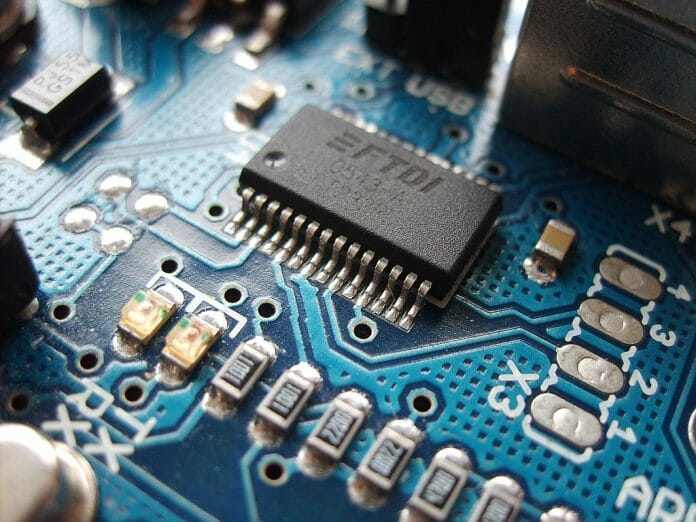China tightened restrictions on exports of products related to gallium and germanium on Tuesday, a move widely seen as retribution for curbs imposed by the U.S. and its allies on advanced semiconductor exports to China.
The move could deal a blow to Japan’s chipmaking material makers, depending on how the export controls are implemented, as the sector depends on China for 40% of its supplies.
China produces 98% of the world’s gallium, according to the U.S. Geological Survey. China said on July 3 it would restrict exports of the two materials. The announcement fuelled supply concerns and by late July had pushed up index prices of gallium in the U.S. and Europe by nearly 20% from June.
Data from the Japan Organization for Metals and Energy Security shows that Japan is the world’s largest consumer of gallium. While more than 40% of Japan’s supplies of the soft silvery metal is procured from scraps and other sources, the remaining 60% is imported. Of this portion, 70% comes from China. This means Japan relies on China for 40% of its gallium supplies.
Many Japanese companies excel in processing products using gallium. A representative of Mitsubishi Chemical Group, which makes compound semiconductors and other products, said the company has ample inventories in Japan and thus “there will be no problem with immediate supplies.” The representative added that the company procures gallium from China and will “continue to collect information on the details of China’s export controls and how they will be implemented.”
Other companies are taking similar measures. A spokesperson at Sumitomo Chemical, a maker of gallium nitride substrate, said that the company will closely monitor the situation and try to gather information. An official at Nichia Corp., which uses gallium to make light-emitting diodes, said the company “is discussing the diversifying of suppliers” to stably procure gallium in the future.
At the moment, Japanese companies’ raw material procurement and other business activities have yet to be affected by the new controls. A spokesperson of China’s Ministry of Commerce said that the measures will neither limit the quality of these particular exports nor ban them altogether.
The spokesperson stressed that the Chinese government will allow exports, as long as there is no problem in applications from exporters from the viewpoint of national security, among other factors.
In 2019, the Japanese government tightened controls on exports of chipmaking materials to South Korea. Before that, exports of three materials, including high-quality resists to be applied to silicon wafers, were allowed.
In China, there is strong opposition to the U.S. and Japan, which curb exports of advanced semiconductors to the country. Wei Jianguo, a former vice minister of commerce, stressed that the country’s gallium and germanium export controls are “just the beginning of counterattacks.”
It is possible China could add pressure by wielding export controls as an economic and diplomatic cudgel, much like it has with rare earths. – Nikkei Asia









